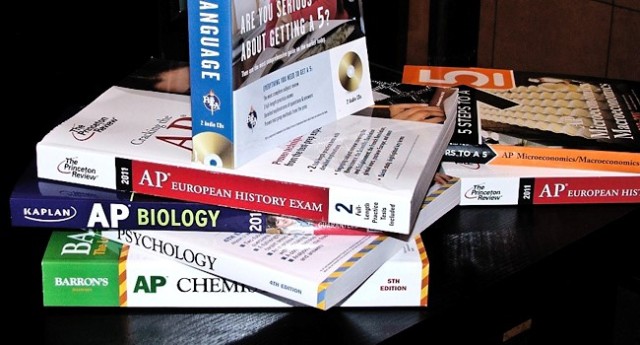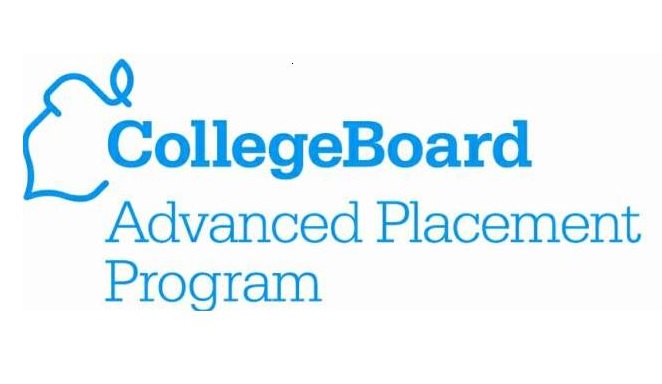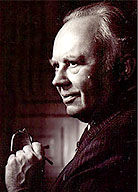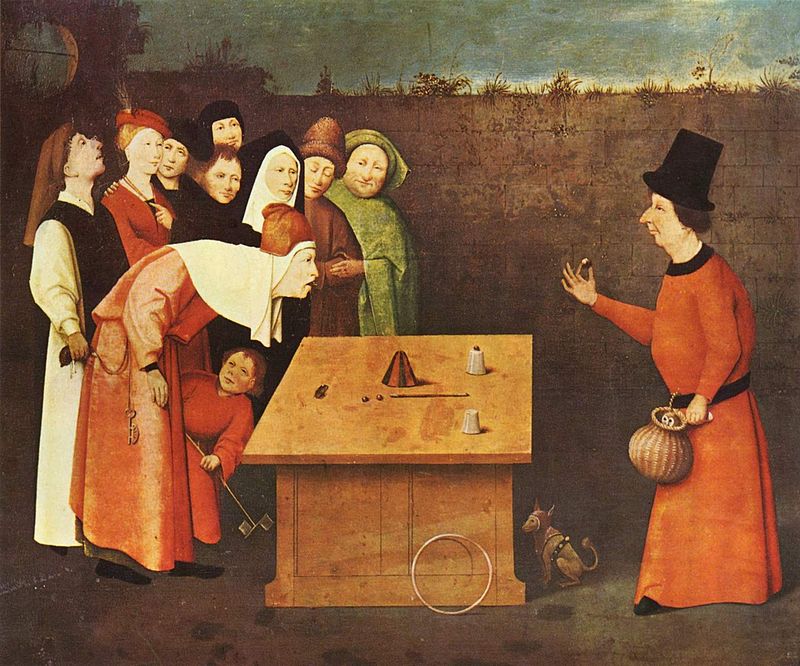Advanced Placement U.S. History a threat to America?
 I received a copy of an email from Doug Lewis a concerned parent who lives in Collier County, Florida. After reading a column titled “College Board’s Reckless Spin on U.S. History” Doug decided to write the Collier County School Board about his concerns regarding Advanced Placement (AP) U.S. History courses given in the district.
I received a copy of an email from Doug Lewis a concerned parent who lives in Collier County, Florida. After reading a column titled “College Board’s Reckless Spin on U.S. History” Doug decided to write the Collier County School Board about his concerns regarding Advanced Placement (AP) U.S. History courses given in the district.
Doug wrote:
Dear Board,
In view of state law, District policy and campaign pledges pertaining to support for the elimination of one-sided and biased curriculum, I respectfully request that you reach out to the fifty-five (55) distinguished scholars who published an open letter on June 2, 2015 protesting the one-sided and politicized curriculum framework introduced last year by the College Board to prepare high school students for the Advanced Placement Exam in U.S. history.
The scholars assert that the College Board’s framework exposes the teaching of American history to “a grave new risk.” It does this and worse…
If you confirm the findings of the fifty-five (55) distinguished scholars as referenced in the attached link, I respectfully request that the District take immediate action and discontinue all AP US History course offerings for the 2015-2016 school year and until such time as the curriculum framework complies with State US history standards, District policy and campaign pledges pertaining to the elimination of one-sided and biased curriculum.
Best,
Doug Lewis, parent
What concerns teachers, students, academics and parents alike is the replacing of U.S. history with “identity politics.” The Stanford Encyclopedia of Philosophy defines identity politics as:
The laden phrase “identity politics” has come to signify a wide range of political activity and theorizing founded in the shared experiences of injustice of members of certain social groups. Rather than organizing solely around belief systems, programmatic manifestos, or party affiliation, identity political formations typically aim to secure the political freedom of a specific constituency marginalized within its larger context. Members of that constituency assert or reclaim ways of understanding their distinctiveness that challenge dominant oppressive characterizations, with the goal of greater self-determination.
Peter Berkowitz, from Real Clear Politics wrote:
Earlier this year Gordon Wood, a preeminent scholar of the American founding, took to the pages of The Weekly Standard—a noteworthy choice since so many of Wood’s non-academic essays have appeared [in] The New Republic and The New York Review of Books—to explain the decline of his discipline. His recent essay lamented that the rise of identity politics has all but blotted out traditional scholarship. “The inequalities of race and gender,” he wrote, “now permeate much of academic history-writing, so much so that the general reading public that wants to learn about the whole of our nation’s past has had to turn to history books written by non-academics who have no PhDs and are not involved in the incestuous conversations of the academic scholars.” [Emphasis added]
Identity politics is indoctrination and bias against the norm, elevating the abnormal, a certain race, political movement or creating tribes rather than promoting assimilation into the American ideals of freedom and liberty.
AP U.S. History can create an elite class that will become the future leaders unlike those who founded America such as: George Washington, Thomas Jefferson, James Madison and Benjamin Franklin. Rather AP U.S. History is creating a new class of future leaders in the mold of those who look at America not as a shining example but rather as a nation that must be fundamentally changed to meet the ideologies and causes of identity politics – the few versus the many.
If local school boards do not see what is happening, or see what is happening but do nothing to stop it, then traditional scholarship with disappear.
The future of America lies in the hands of our children, but will our children create a different America based on what they are taught rather than what actually happened?
Ayn Rand wrote a short nineteen page paper asking: What is the basic issue facing the world today? Rand, in her paper makes the case that, “The basic issue in the world today is between two principles: Individualism and Collectivism.” Rand defines these two principles as follows:
- Individualism – Each man exists by his own right and for his own sake, not for the sake of the group.
- Collectivism – Each man exists only by the permission of the group and for the sake of the group.
AP U.S. History is teaching collectivism, not individualism. It’s about promoting certain social groups at the expense of others. AP U.S. History is not educating our youth about the the unique belief system upon which America was created a Constitutional Republic which codifies the ideals of life, liberty and the pursuit of happiness for all.
If our elite youth are taught the wrong things then they will remember the wrong things not what is historically true. That is what has Doug and other parents so concerned.
RELATED ARTICLE: The drive to take ‘America’ out of U.S. history







